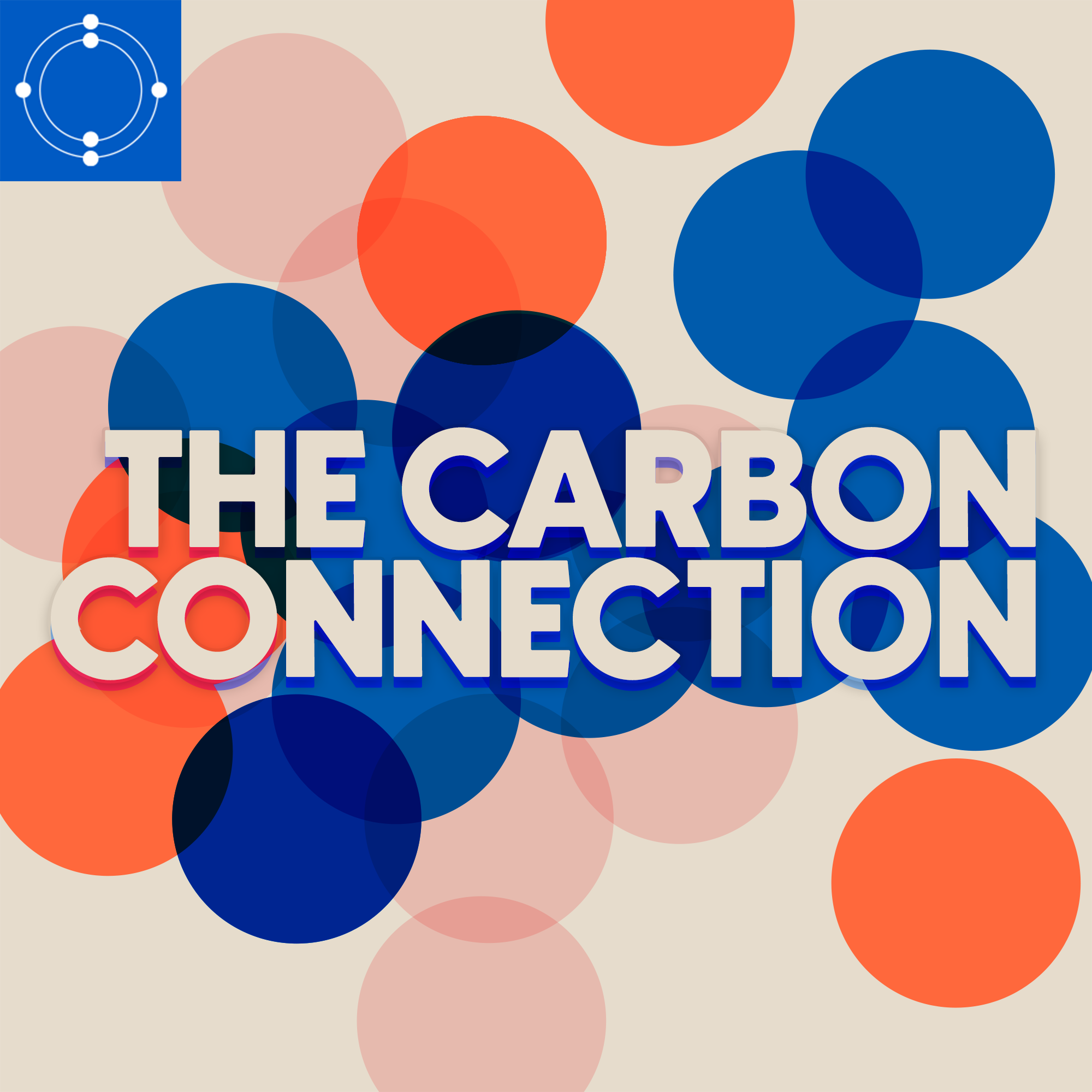Episode 7
Conspiracy of Goodness - Living a Regenerative Life with Paul Hawken
SUMMARY
This episode of The Carbon Connection explores how ecological regeneration, optimism, and collective action can help solve the climate crisis.
Living a Regenerative Life: Falling in Love With a sustainable Future is part of the Conspiracy of Goodness podcast hosted by Dr. Lynda Ulrich. In this episode, Dr. Lynda talks with Paul Hawken, the founder of Project Drawdown– the most comprehensive plan ever proposed to reverse climate change
This episode is a great starting point for people who want to learn more about climate change and are also searching for possible solutions. Dr. Lynda and Paul discuss a wide range of topics, from ecological regeneration to managing climate anxiety and using stress as a tool for action. They also talk about shifting the conversation from conceptual to experiential and moving beyond theory to solutions.
Brimming with optimism and possibility, this episode will make you smile and give you hope. And where there is possibility and hope, there is a catalyst for action–collective action for a better world.
Related Links in The Carbon Almanac
Drawdown p. 158; footnote 245
Talking About Climate Change p.261; footnote 162
Eco-anxiety p. 154; footnote 252
What is climate change? p. 20; footnote 364
CONTRIBUTORS
Special Acknowledgment: Dr. Lynda Ulrich, Conspiracy of Goodness
Episode Producer: Katherine Palmer
Editor: Tania Marien
Production Team: Manon Doran, Barbara Orsi, Tonya Downing
Senior Producer: Tania Marien
Supervising Producer: Jennifer Myers Chua
Music: Cool Carbon Instrumental, Paul Russell, Musicbed
Episode Art: Jennifer Myers Chua
Network Voiceover: Olabanji Stephen


